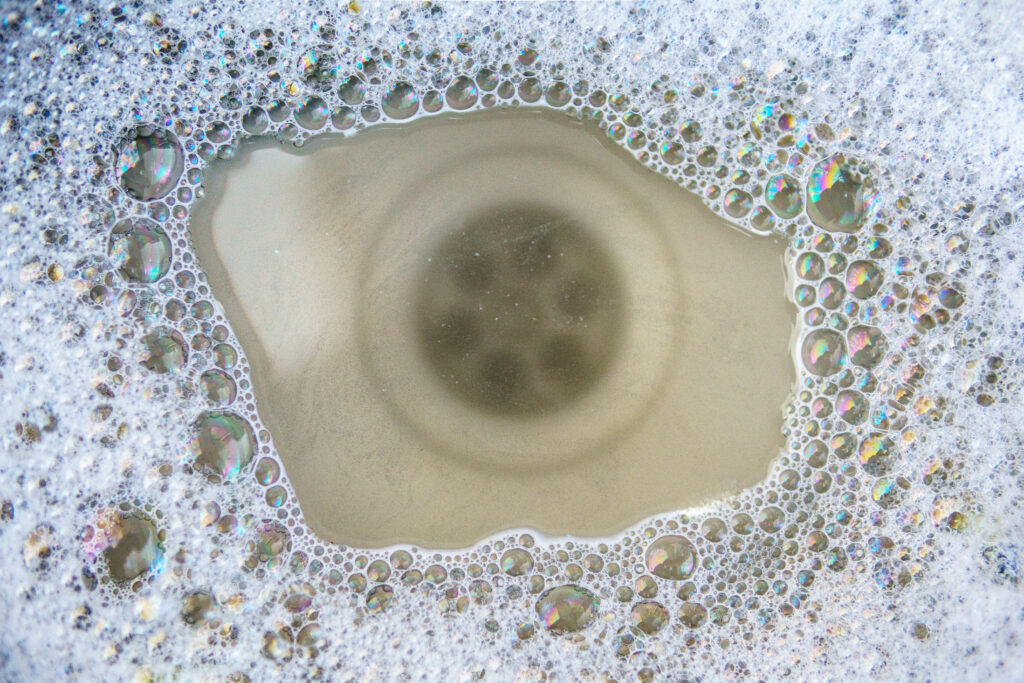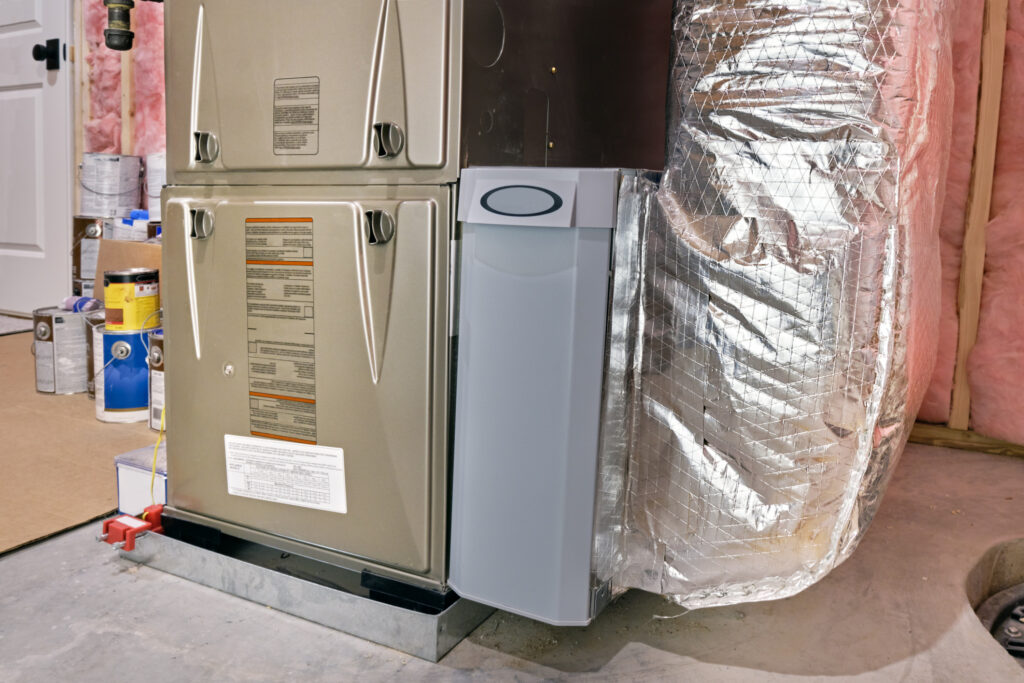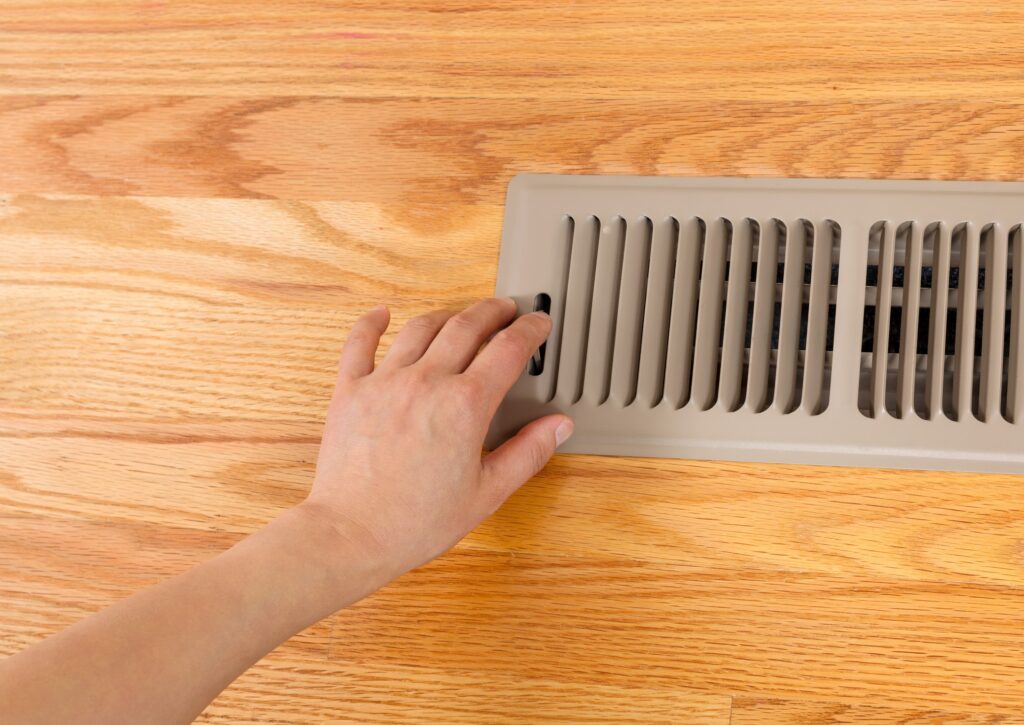It usually starts with something simple. You turn on the faucet, water pools around the drain, and it takes longer than usual to empty. Many homeowners shrug it off, assuming it will clear on its own. Before long, that slow drain becomes a daily frustration, and in some cases, it can turn into a much bigger plumbing problem. At Blue Frost Heating and Cooling, we want homeowners in West Chicago to understand what is happening beneath the surface and why a slow drain should never be ignored.

Why You Shouldn’t Ignore A Sink That Won’t Drain
A sink that drains slowly is one of the earliest signs that something inside the plumbing system is not working correctly. At first, it is usually just a partial blockage. Over time, debris continues to collect, and the opening in the pipe becomes smaller. If this continues, the partial blockage becomes a full blockage, and water has nowhere to go.
Once pressure builds inside the pipe, leaks often follow. Water can begin to push through weak spots, loose fittings, or aging joints. In older homes, corrosion can weaken sections of the plumbing system, which makes leaks more likely. In severe cases, too much pressure can cause a pipe to burst, which leads to major water damage and costly repairs. A minor inconvenience can turn into a significant problem if left untreated.
Common Causes of Sink Drain Issues
Some of the most common issues we see include:
- Buildup inside the drain line from soap, grease, toothpaste, or food particles
- Hair collecting in bathroom sinks
- Venting problems that prevent air from moving through the plumbing system
- Early signs of pipe corrosion
- Mineral buildup from hard water
- A loose or misaligned P-trap
- A foreign object lodged deeper in the drain line
Understanding the cause of the problem is the first step toward preventing more damage.
What To Do About A Slow-Draining Sink
There are a few simple steps homeowners can take before calling for help. First, check the stopper in the sink. Many times, debris collects around the base of the stopper and can be removed easily. Next, inspect the P-trap under the sink. If you feel comfortable doing so, you can place a bucket underneath, remove the trap, and clear out any buildup.
You can also run hot water down the drain to loosen soap residue or grease that may be clinging to the pipe walls. In some cases, a gentle homemade mixture of baking soda and vinegar can help break down minor buildup.
However, homeowners should be cautious. Chemical drain cleaners can damage pipes and lead to long-term problems. If water is backing up, if you notice gurgling sounds, or if the blockage keeps returning, those are signs you should call a professional. These issues often indicate a deeper obstruction, a venting issue, or a pipe that is beginning to fail.
Our licensed plumbers at Blue Frost have the tools to clear drains safely and identify the root cause of the problem. We can inspect the line, remove stubborn blockages, and make sure you are not dealing with hidden leaks or early pipe deterioration.
Call Blue Frost for Drain Services in West Chicago
A slow drain may not feel urgent, but the longer it continues, the more damage it can cause. At Blue Frost Heating and Cooling, we help homeowners in West Chicago protect their plumbing systems and prevent small clogs from turning into costly emergencies. Whether you need a drain cleared, a leak repaired, or a full inspection of your plumbing system, our team is ready to help.
Contact Blue Frost today to schedule professional drain services and keep your home protected from avoidable water damage!




